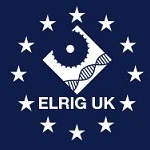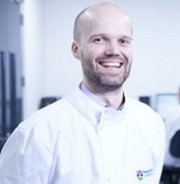
Wednesday, 14 November 2018 to Thursday, 15 November 2018

|
Wed14 Nov12:00pm(30 mins)
|
Where:
The Auditorium
Speaker:
|
